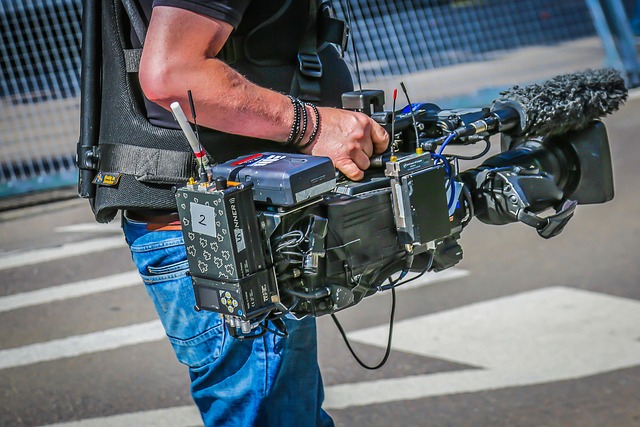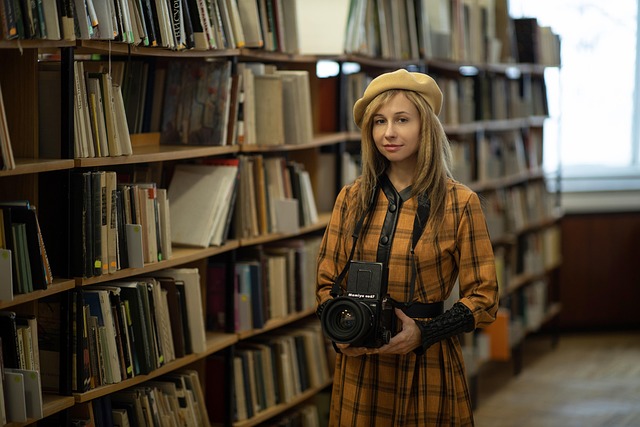From the first open‑air gatherings in the 1960s to the sprawling, multi‑stage extravaganzas of the 21st century, the landscape of live music has transformed dramatically. A newly released documentary film explores how this evolution has reshaped not only the entertainment industry but also local economies, cultural identities, and the very notion of a concert experience.
The Early Days: A Grassroots Movement
In the late 1960s, festivals like Woodstock emerged as countercultural statements, where music, art, and political activism intertwined. These events were often spontaneous, with minimal production budgets, yet they drew crowds that would later inspire the industry’s first commercial festivals. The documentary film traces how organizers leveraged community networks and volunteer labor to create these foundational gatherings.
From Protest to Profit
The shift from a purely grassroots model to a market‑driven approach began in the 1980s, as promoters realized the potential for revenue generation through ticket sales, sponsorships, and merchandise. The film highlights key moments, such as the 1994 Lollapalooza tour, which showcased how a touring festival could monetize brand partnerships while still delivering diverse lineups.
The Economic Impact on Communities
Large festivals generate millions in tourism revenue for host towns. The documentary film provides case studies from towns like Indio, California (home of Coachella), and Glastonbury, England, illustrating how local businesses adapt to accommodate sudden spikes in demand for lodging, dining, and transportation. This economic boost, however, is not without its challenges, as residents often grapple with noise, traffic, and resource strain.
Job Creation and the Gig Economy
Beyond the headline acts, festivals create employment opportunities for technicians, security staff, vendors, and hospitality workers. The film captures the stories of individuals who rely on these seasonal jobs to support their families, and how the gig economy has become a pillar of the festival ecosystem.
Technological Advancements and Audience Experience
With the advent of digital ticketing, mobile apps, and social media, festival-goers now engage with events in real time. The documentary film explores how real‑time streaming and augmented reality overlays are being tested to enhance on‑site experiences while expanding reach to audiences who cannot physically attend.
Sound and Visual Innovation
High‑fidelity sound systems, LED light shows, and massive stage rigs have become staples of modern festivals. The film showcases the work of audio engineers and stage designers who balance the artistic vision of performers with the technical demands of multi‑stage production.
Cultural Shifts Within the Music Industry
Festivals have become platforms for emerging genres, from hip‑hop to world music, providing artists with exposure to diverse audiences. The documentary film follows several up‑and‑coming acts who leveraged festival appearances to break into the mainstream, demonstrating the symbiotic relationship between festivals and the broader music industry.
Artist Perspective: A Voice from the Stage
“Performing at a festival feels like stepping onto a global stage,” says a rising indie band featured in the film. Their account highlights the heightened visibility and networking opportunities that festivals provide, as well as the emotional toll of touring across multiple venues in a short time span.
Environmental and Sustainability Concerns
Large crowds inevitably lead to waste, energy consumption, and ecological footprints. The documentary film documents initiatives such as zero‑waste policies, solar‑powered stages, and composting programs adopted by festivals like Bonnaroo and Glastonbury to mitigate their environmental impact.
Community Partnerships and Green Initiatives
Collaborations between festival organizers and local environmental groups have birthed “green zones” where attendees can learn about sustainable practices. The film captures interviews with environmental advocates who explain how festivals can serve as catalysts for broader ecological education.
The Role of Cinema in Amplifying Festival Culture
Documentary films have become essential storytelling tools that capture the essence of festivals beyond live footage. The documentary film itself is a testament to this trend, weaving together archival clips, interviews, and behind‑the‑scenes footage to create a narrative that is both historically accurate and emotionally resonant.
From Reel to Real: How Film Shapes Perception
By presenting festivals through a cinematic lens, audiences gain insights into the logistical challenges and creative triumphs that define these events. The film’s narrative structure, intercutting between the energy of live performances and the quiet moments of planning, illustrates how cinema can humanize the spectacle.
Future Trends: Virtual Festivals and Hybrid Models
In an era of digital connectivity, the documentary film speculates on the rise of virtual festivals, where audiences can stream performances in immersive 360° formats. Hybrid models that combine limited on‑site attendance with global streaming are emerging as a new standard for accessibility and revenue diversification.
Challenges and Opportunities Ahead
While virtual platforms expand reach, they also introduce concerns about revenue distribution, artist compensation, and the authenticity of live experience. The film invites industry stakeholders to collaborate on frameworks that preserve the communal spirit of festivals while embracing technological evolution.
Ultimately, the documentary film offers a comprehensive look at how music festivals have moved from fringe gatherings to economic powerhouses, cultural touchstones, and cinematic subjects. By capturing the voices of artists, promoters, local residents, and environmental advocates, it underscores the multifaceted impact these events have on the entertainment industry, the music economy, and society at large. As festivals continue to evolve, the documentary film stands as a record of their past achievements and a blueprint for their future.



